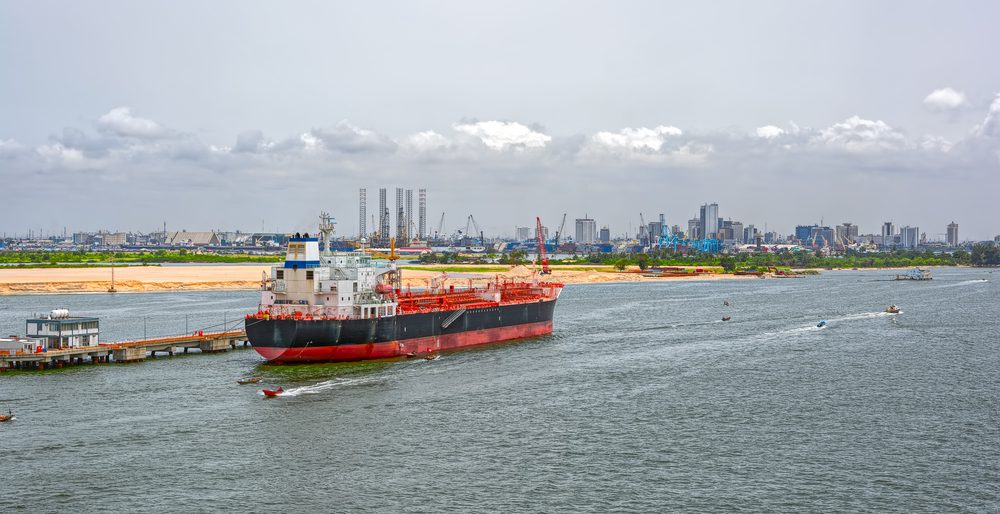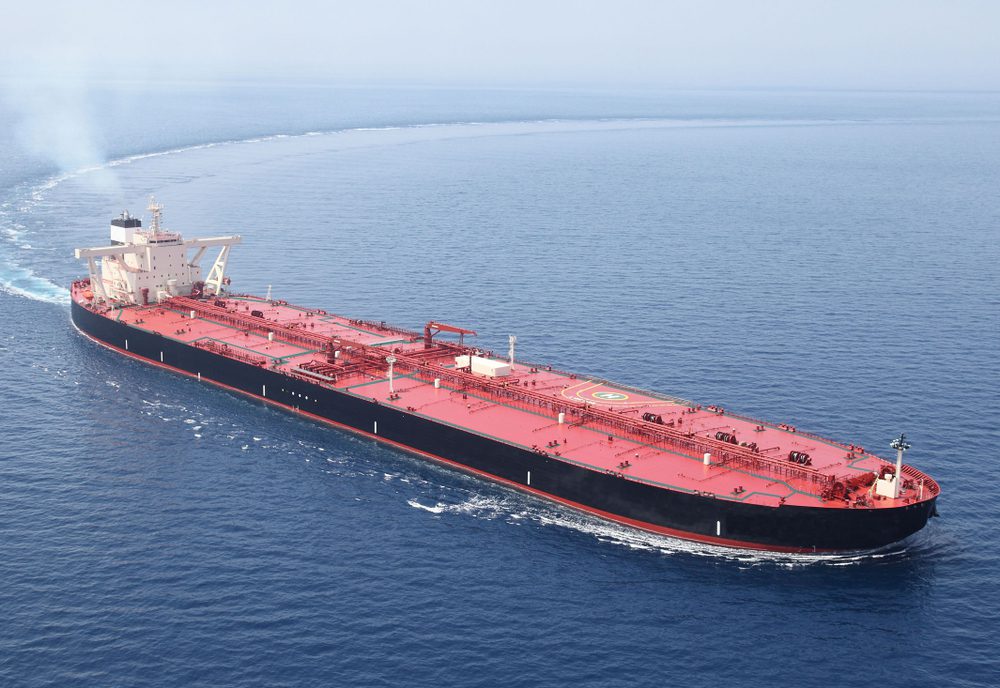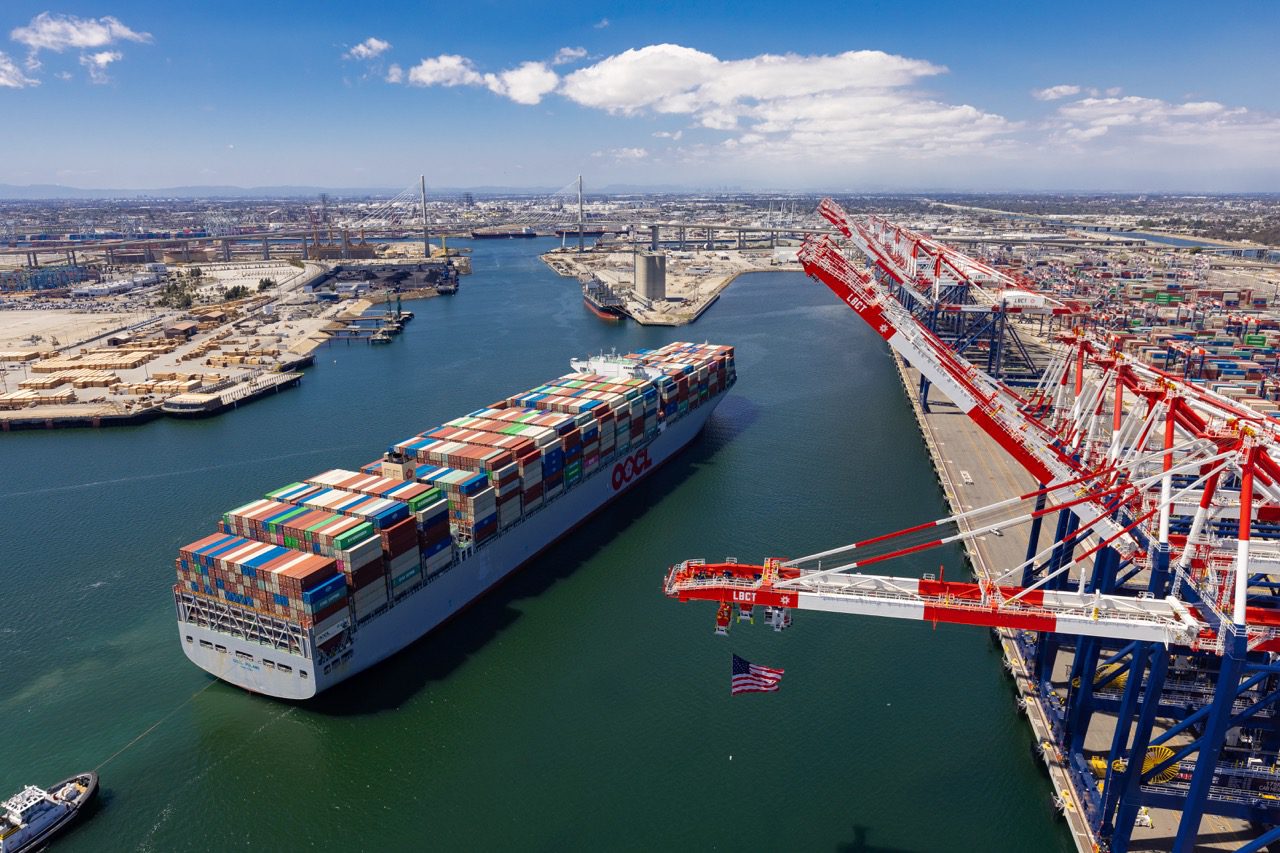Photo: Igor Grochev / Shutterstock
By Elisha Bala-Gbogbo (Bloomberg) — Nigeria’s oil wells may be flowing again, but the country’s largest operator says attacks continue to put a brake on output.
“Security in parts of the Niger delta remains a major concern with persisting incidents of criminality, kidnapping and vandalism as well as onshore and offshore piracy,” said Igo Weli, general manager for external relations at Royal Dutch Shell Plc’s local unit. The warning underlines the enduring threat of attacks even as production recovers from a major militant campaign in 2016.
Shell declared force majeure on Bonny Light crude shipments last month following pipeline leaks, while loadings of Forcados exports were also delayed. Weli didn’t specifically link those incidents to his comments on vandalism.
Militant assaults on Nigeria’s oil infrastructure in 2016 cut the country’s output to less than 1.4 million barrels a day, the lowest in 27 years. While there hasn’t been a major attack since, the security situation in the oil region remains fluid, according to Weli.
“Facilities operated by both indigenous and international oil companies continue to be vandalized by attacks and other illegal activities such as crude-oil theft,” he said by email. “We are continuing to monitor the situation to mitigate any exposure and minimize risks faced by our personnel.”
Shell pumped an average of 631,000 barrels a day in Nigeria last year, about a third of the nation’s production. Despite the rally in output, the company still counted 60 cases of sabotage and theft, compared with 49 the year before. There were 10 such incidents recorded in the first two months of 2018, according to Weli.
Nigeria is scheduled to load at least 1.8 million barrels a day next month. That equals the production cap it agreed on with the Organization of Petroleum Exporting Countries, which took effect in January.
© 2018 Bloomberg L.P

 Join The Club
Join The Club











